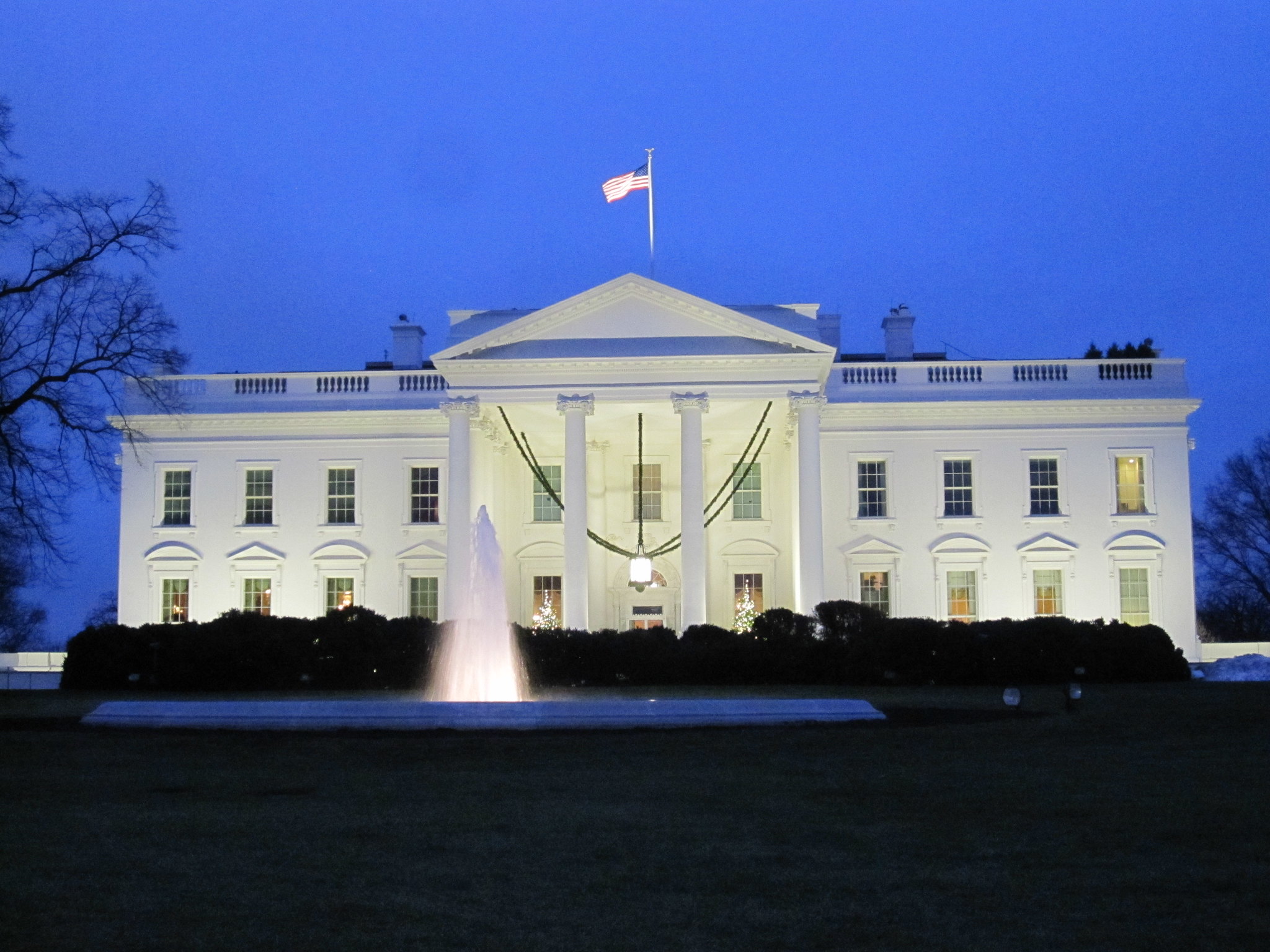President Donald Trump announced a bold new policy targeting nations that purchase oil and gas from Venezuela. The proposed 25% tariff aims to pressure countries to reduce their reliance on Venezuelan energy exports while addressing broader concerns about migration and criminal activity linked to the South American nation. This move marks another significant step in Trump’s foreign policy strategy, often prioritizing economic leverage over traditional diplomacy.
Economic Pressure as a Foreign Policy Tool
The proposed tariff underscores Trump’s continued use of economic measures to influence international behavior. By imposing financial penalties, the administration seeks to isolate Venezuela’s government economically while discouraging other nations from supporting its energy sector. This approach aligns with previous sanctions imposed by the U.S., which have targeted key figures within Nicolás Maduro’s regime and restricted access to global financial systems.
Trump justified the tariffs by citing Venezuela’s role in fueling regional instability through mass migration and organized crime networks. He argued that these issues directly impact U.S. national security, making it imperative for his administration to take decisive action.
Implications for Global Energy Markets
If implemented, this tariff could significantly disrupt global energy markets by reshaping trade flows for oil and gas products. Despite ongoing political turmoil, many countries rely on Venezuelan crude due to its affordability. A 25% surcharge would likely force these nations to seek alternative suppliers or face higher costs, which could benefit competing exporters like Saudi Arabia or Russia.
However, critics warn that such disruptions might exacerbate existing challenges in global supply chains already strained by geopolitical tensions elsewhere. Additionally, some analysts question whether this policy will achieve its intended goals without causing unintended consequences for allies and adversaries.
Domestic Political Reactions
The announcement has sparked mixed reactions among lawmakers back home as well as international observers abroad who view it either positively or negatively depending upon their perspectives regarding free trade versus protectionism principles being applied here specifically towards one particular region globally speaking overall contextually relevantly so forth accordingly thereby resulting ultimately potentially leading perhaps eventually culminating finally conclusively determinatively decisively definitively conclusory terminally ending lastly terminal finality conclusion.

